Effective leadership training helps employees shift their mindsets in order to change long-held behaviours. It provides a space for your employees to explore what it truly means to be a leader with everyday challenges and responsibilities.
But how to find out if the leadership program has helped the participants demonstrate changes in behaviours?
Training works on subtler aspects of human behaviours which are hard to measure. Yet, there are a few cues indicating whether the program was well understood and whether the participants are applying it in real work situations.
The Kirkpatrick Model is one of the most widely followed evaluation models for talent development programs.
What is Kirkpatrick Model and how can it help you assess the success of leadership training?
The Kirkpatrick Model is the standard for Leveraging and Validating Talent Investments. According to this model, you can measure a talent investment in 4 levels. They are:
Level 1: Reaction
- What is the reaction of participants?
- Did they like it?
- Did they find it engaging and relevant?
How to Measure Participant’s Reaction?
Often in the debriefing/assimilation sessions, participants are able to reflect on their learnings and are able to talk about how they will implement or are implementing the learnings at the workplace. By listening to their experience you can make out if the program was impactful or not.
Here are a bunch of participants’ reviews from The Catalyst Talent Development Programs
Level 2: Learning
- Did they acquire the desired skills, knowledge, attitude, confidence and commitment as laid out in the objectives of the training program?
How to Measure Participants’ Learning?
At The Catalyst, we often use quizzes, simulations, situational judgement tests, etc to guage if participants have walked away with some concrete learning. Similarly, running qualitative surveys or assessments before and after programs help to see the progress of participants. You can do this in two ways
(i) Prompt Reflection and Self Assessments
The participant can use the self-assessment before the session and a copy of the same can be provided to the reporting manager. This helps the manager with a reference point on most desired behaviours that need to shift in the participant post training.
(ii) Ratings by immediate managers on specific behaviours related to the learning objective.
For example, if Conflict Management is a skill needed, the manager can address questions like:
- Currently, he/she is not able to assertively put his/her point of view
- He/she demonstrates aggressive behaviour most of the time.
- Does not patiently listen to others point of view etc.
An effective way to do this is, at the close of the session or module, get each participant to fill up a simple action plan template that works as a commitment sheet from the participant, to follow through the learning with behaviours. It is important to keep this short, simple and not overwhelming. An example of the questions is as below:
- What are the <Name of topic> related challenges you are facing at the workplace. List not more than 3 challenges.
- What part of the training do you think you can apply to better handle this challenge?
- What specific behaviours will you start demonstrating so that you can apply the learning effectively? List not more than 3
- How will you know that your new application is starting to bring a change in your desired results?
| What are the challenges you are facing in the work place? | What part of the training will help you handle this challenge better? | What specific behaviours will you start demonstrating now, based on the training? (Not more than 3) | How will you know that you are starting to bring a change in your desired results? |
A good leadership development program design integrates before and after surveys making it easy to measure.
Level 3: Behaviour
- Did they apply the learning at the workplace?
How to Measure Participant’s Behaviour?
For measuring behavioural shifts, using a 180 degree or 360 degree survey is very useful. Also, look for any change in the way the participants approach challenges. These are visible changes that show the effectiveness of the program.
For example, the manager and/or the participant can be shared a simple template to evaluate and share examples of application of the learnings. The self assessment can be a great starting point. In addition to this, the manager can also be given a simple questionnaire for each participant. A possible template is as below:
| What is the behaviour that you want the participant to demonstrate? | How did you rate this behaviour before the session on a scale of 10? 1 being lowest and 10 being best | How would you rate the behaviour now, after the session? | Kindly provide a specific example to justify the new rating. | If you believe you can influence an improvement in the score, kindly share what needs to be done. |
Level 4: Results
- What are the benefits for the business and organisation that were driven by the training?
How to Measure Results of a Leadership Training?
The impact of a leadership training can be measured by tracking attrition, engagement scores, customer satisfaction scores etc.
A leadership program can enhance innovation and reduce the attrition rate in the organization. Increased business output driven by better teamwork and collaboration is another positive result of training.
Similarly, specific programs for future leaders like millennial leadership help to nurture the leadership pipeline within the organisation, thus reducing the need to hire senior resources. Increased Customer Satisfaction is yet another result.
As you can see here, based on what was the need for training, the time period to measure the result also varies.
Often, unexpected outcomes like workplace harmony, positive job attitudes, and other initiatives can also be counted as positive impacts of the leadership program. It is important to accept and understand that not all outcomes are directly and immediately measurable. Soft skills often translate into outcomes that are subtle, like mutual respect, better listening, a positive attitude etc. It is important to articulate these in terms of more tangible results like better team engagement, faster resolution of problems, willingness to take risks etc.
Tips to improve the effectiveness of the leadership development program
An effective leadership development program needs support and commitment from the senior management team. Also, an accurate evaluation involves timely inputs from performance management and the succession planning team.
Rather than measuring the impact at the end of the program, a better approach would be to follow a Continual Program Evaluation strategy.
You can check out some of the successful leadership development and training interventions carried out by The Catalyst. Request a demo to learn more about The Catalyst’s Leadership Development Programs.
Our Programs
Here is a list of all our Assessment and Development Programs.
Success Stories
Check out some of the earlier projects undertaken by The Catalyst.
Testimonials
Read what our participants have to say about our programs!
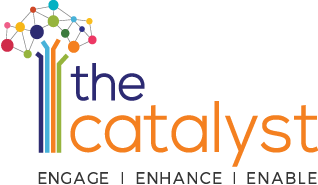
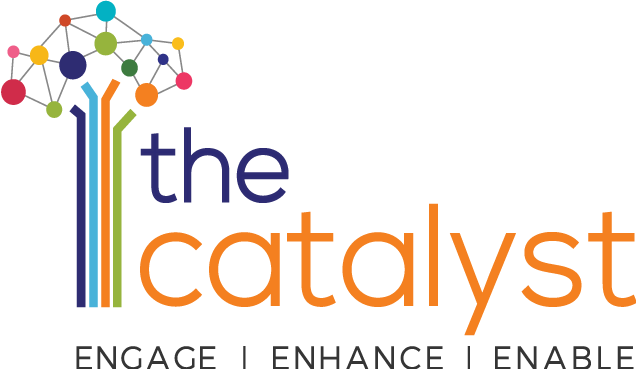

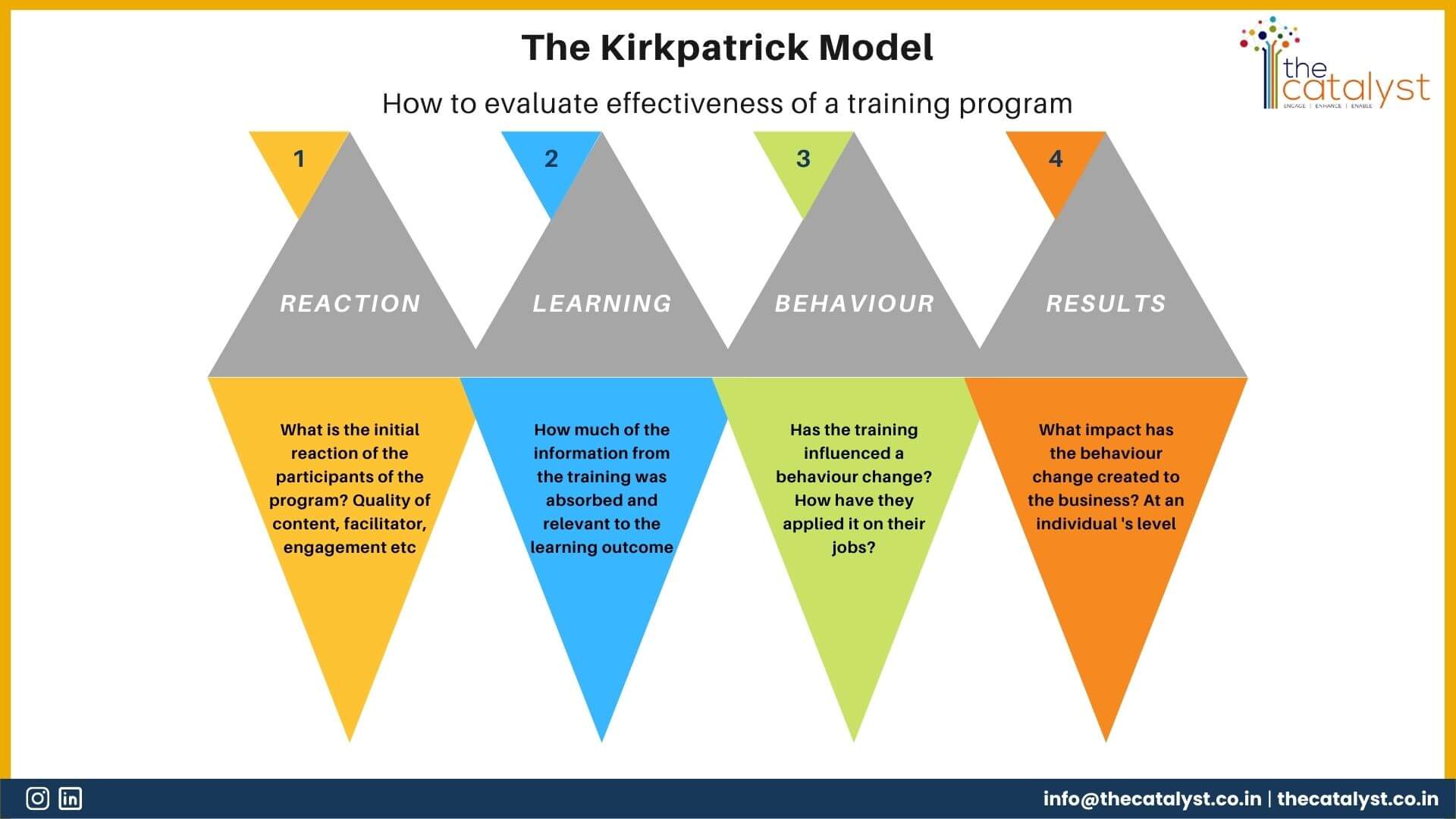
Leave a Reply
Your email is safe with us.
You must be logged in to post a comment.